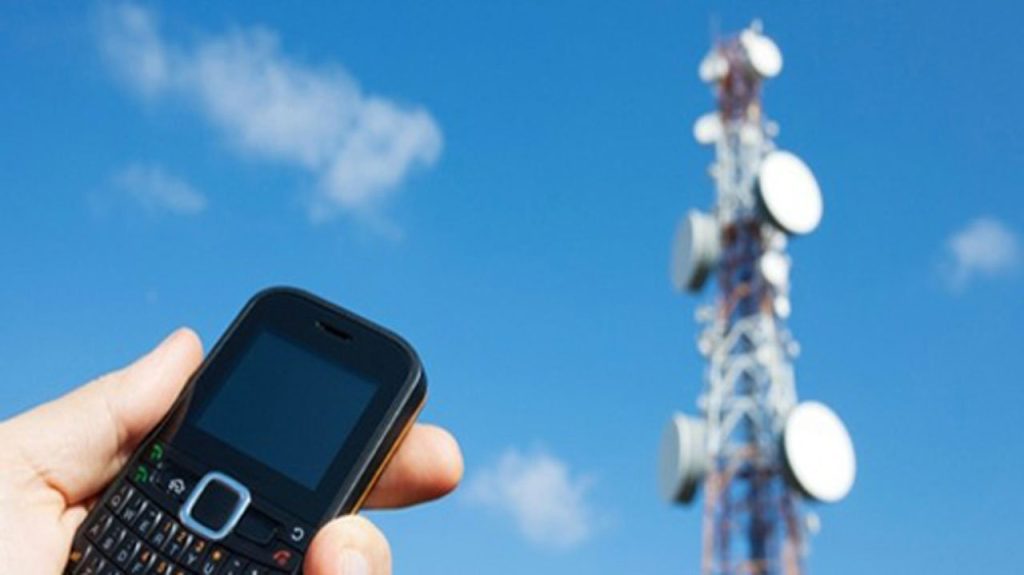In a bid to revitalize its struggling operations, Nigeria’s 9mobile has officially rebranded as T2, marking its second major identity overhaul in less than a decade. The embattled telecom operator announced the change during a corporate event in Lagos, where CEO Obafemi Banigbe framed the move as the start of a transformational phase aimed at securing the company’s future.
“This is not merely a name change—it’s a declaration of intent. We are no longer who we were; we are becoming something greater, more ambitious, and more in tune with the future,” Banigbe told attendees. The rebranding comes as the firm grapples with persistent challenges, including management instability, service quality complaints, and a dwindling market share in Africa’s most populous nation.
Originally launched as Etisalat Nigeria in 2008, the company was renamed 9mobile in 2017 after its parent firm, UAE-based Etisalat Group, withdrew from the market following a debt crisis. Since then, the telecom has struggled to regain traction in a competitive sector dominated by MTN, Airtel, and Globacom. Recent data from Nigeria’s Communications Commission (NCC) paints a stark picture: T2 now serves just 2.4 million subscribers, a mere 1.42% of the country’s 171.73 million active telecom users as of June 2025.
Analysts attribute the operator’s decline to years of leadership turbulence and underinvestment in infrastructure, which have eroded customer confidence. Industry reports frequently cite network outages, call drops, and slower data speeds compared to rivals. While Banigbe did not outline specific strategies during the rebranding launch, he emphasized plans to leverage “innovation and customer-centric solutions” to reposition the company.
The timing of the rebrand has raised questions, given T2’s precarious market position. With subscriber numbers shrinking steadily since 2017, the firm now lags far behind its competitors, who collectively control over 98% of Nigeria’s telecom market. Experts warn that symbolic changes alone may not suffice without addressing systemic issues. “Rebranding can signal renewal, but sustainability depends on resolving operational challenges and regaining public trust,” said telecom analyst Ifeoma Nwosu.
Nigeria’s telecom sector remains a critical driver of economic growth, contributing 16% to GDP in 2024. However, operators face mounting pressures, including rising operational costs, regulatory hurdles, and inflation. For T2, the path forward hinges on securing long-term investment and executing a coherent turnaround strategy—a daunting task in a market where past reboots have yielded limited results.
As the company adopts its third identity in 17 years, industry observers await concrete plans to reverse its fortunes. The stakes are high: success could rekindle competition in Nigeria’s telecom landscape, while failure might deepen the crisis for one of its oldest mobile operators.
